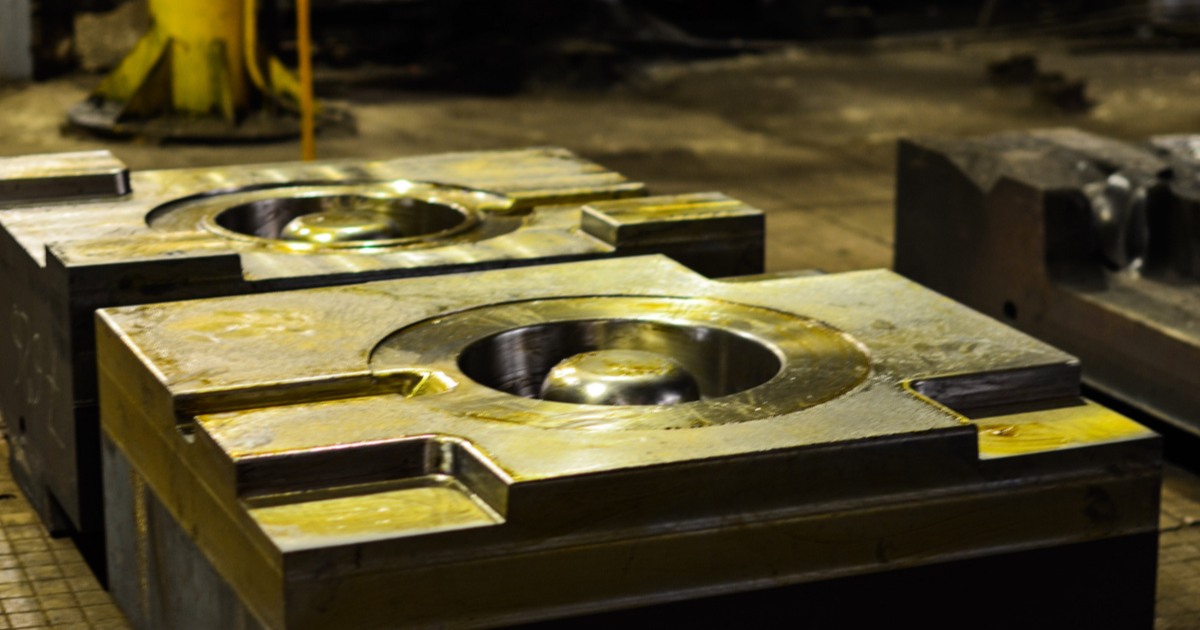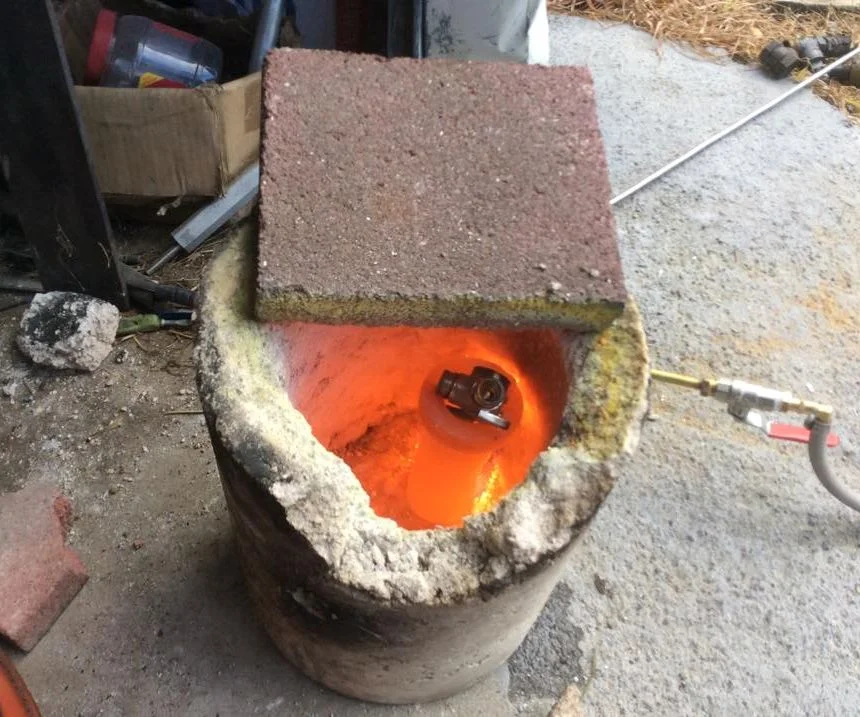Best Practices for Maintenance and Applications in the Aluminum Factory Industry: An In-depth Introduction
Keeping tools in the aluminum foundry industry is crucial for functional success. Regular inspections and predictive maintenance can significantly minimize downtime and improve security. Advanced innovations, such as IoT and information analytics, play an essential function in this process. Understanding the complete range of finest methods calls for a closer examination of specific strategies and their influences on effectiveness. What are the crucial parts that add to a trusted upkeep framework?
Significance of Regular Upkeep in Aluminum Foundries
Regular upkeep plays a necessary role in the efficient procedure of aluminum foundries. By methodically servicing and inspecting equipment, shops ensure peak performance and long life of machinery. Normal upkeep activities, such as part, lubrication, and cleaning substitute, help protect against unforeseen break downs that can result in pricey downtime.
Routine checks improve office safety by determining potential dangers prior to they escalate right into significant issues. Devices that is well-maintained operates extra efficiently, causing enhanced item high quality and minimized waste. Additionally, adherence to a structured upkeep routine can sustain conformity with sector policies, consequently cultivating a credibility for integrity and top quality within the market.
Executing Predictive Upkeep Approaches
Anticipating maintenance strategies take the principles of routine upkeep a step even more by leveraging information analytics and progressed tracking modern technologies. In aluminum factories, these methods make it possible for drivers to prepare for tools failures before they happen, consequently minimizing unintended downtimes and maximizing operational effectiveness. By using sensing units and IoT gadgets, real-time data can be gathered on maker efficiency, permitting the recognition of possible problems with predictive analytics.
Maximizing Melting and Pouring Processes
Efficient melting and pouring procedures are vital for making best use of productivity and assuring the top quality of aluminum spreadings. To boost these procedures, factories ought to concentrate on exact temperature control during melting, as this straight impacts the metallurgical properties of the alloy. Making use of advanced melting technologies, such as induction and resistance melting, can boost power efficiency and reduce cycle times.
Applying automated putting systems minimizes human mistake and maintains uniformity in the pouring procedure. Appropriate mold and mildew preparation, consisting of adequate preheating, is necessary to prevent thermal shock and improve mold long life.

Enhancing Security Procedures in Shop Workflow
Focusing on safety in aluminum factory procedures is vital for safeguarding workers and ensuring an effective setting. Effective safety protocols consist of regular training sessions that emphasize the value of individual safety tools (PPE), such as goggles, handwear covers, and helmets. In addition, the establishment of clear emergency treatments is important in handling potential mishaps.
Normal examinations of tools and equipment help identify dangers prior to they intensify into major concerns. Implementing a robust coverage system motivates workers to communicate security worries without worry of consequence. Promoting a culture of safety warranties that every worker understands their function in preserving a protected workplace.
In enhancement, ensuring proper air flow and surveillance air high quality can reduce direct exposure to harmful fumes and dirt. By reinforcing these methods, aluminum shops can substantially minimize the risk of mishaps and create an environment where staff members feel valued and secure, eventually boosting general functional effectiveness.
Leveraging Technology for Improved Performance
Using innovative innovation has actually come to be increasingly vital for light weight aluminum foundries aiming to site enhance operational effectiveness. Automation and robotics play an essential role in enhancing production processes, minimizing labor prices, and decreasing human mistake. Implementing real-time surveillance systems allows for the constant evaluation of equipment efficiency, allowing proactive maintenance and decreasing downtime.
Additionally, the assimilation of information analytics gives beneficial insights into operational workflows, helping with much better decision-making and resource allocation. Predictive analytics can recognize prospective failures before they occur, more maximizing upkeep routines.
Additionally, taking on innovative melting and casting technologies boosts power effectiveness and material return, which are essential for sustainability in the sector. By welcoming these technological developments, aluminum shops can not only boost efficiency but additionally preserve a competitive side in a progressively demanding market (Aluminum Casting). Ultimately, leveraging modern technology is essential in driving development and boosting general functional effectiveness within the field

Often Asked Concerns
What Prevail Indicators of Devices Wear in Aluminum Foundries?
Typical signs of tools wear in aluminum factories consist of unusual sounds, reduced performance, enhanced resonance, overheating components, leaks, and noticeable corrosion. These signs frequently additional resources signify the need for maintenance or possible substitute to avoid expensive downtime.
Just How Can I Train Staff for Effective Maintenance Practices?
To educate team for effective maintenance practices, one can apply hands-on workshops, develop complete manuals, encourage mentorship programs, and carry out normal analyses to assess skills and expertise, guaranteeing all workers recognize upkeep protocols extensively.
What Are the Environmental Laws for Aluminum Foundries?
Light weight aluminum factories undergo numerous environmental laws, consisting of exhausts control, waste management, and resource conservation. Compliance guarantees marginal environmental impact, promoting sustainability while adhering to local, national, and international ecological standards and regulations.
How Do Factories Handle Waste and Recycling of Aluminum?
Foundries manage waste and recycling by implementing systems for collecting scrap aluminum, utilizing innovative splitting up modern technologies, and teaming up with reusing facilities to guarantee effective recuperation procedures, therefore reducing environmental impact and advertising sustainability within the sector.
What Are the Expenses Connected With Executing Advanced Technologies?
Implementing advanced modern technologies in shops sustains significant costs, consisting of preliminary financial investment, useful link training, and maintenance expenses. The long-term advantages, such as boosted efficiency and lowered waste, commonly validate these expenses, leading to improved productivity. (aluminum foundry)
